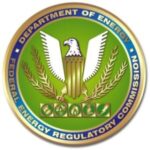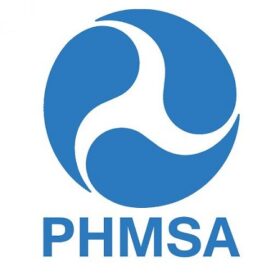On June 1, 2016, the U.S. Army Corps of Engineers (“Corps”) proposed to reissue the existing nationwide permits (“NWPs”), general conditions, and definitions with some modifications. See Proposal to Reissue and Modify Nationwide Permits, 81 Fed. Reg. 35,186 (June 1, 2016). The Interstate Natural Gas Association of America (“INGAA”) appreciates the opportunity to submit the following comments in response to the proposal.
INGAA is a trade association comprised of 25 members, representing the vast majority of
the interstate natural gas transmission pipeline companies in the U.S. and comparable companies in Canada. INGAA’s members operate approximately 200,000 miles of pipelines, and serve as an indispensable link between natural gas producers and consumers.
Congress authorized the use of NWPs, which are a type of general permit, in section
404(e)(1) of the Clean Water Act (“CWA”):
In carrying out his functions relating to the discharge of dredged or fill material under this section, the Secretary [of the Army, acting through the Corps] may, after notice and opportunity for public hearing, issue general permits on a State, regional, or nationwide basis for any category of activities involving discharges of dredged or fill material if the Secretary determines that the activities in such category are similar in nature, will cause only minimal adverse environmental effects when performed separately, and will have only minimal cumulative adverse effect on the environment.
INGAA members regularly make use of NWPs whenever and wherever possible to streamline permitting for their construction and maintenance projects.2 Interstate and natural gas pipeline construction and maintenance activities are typically conducted on tight schedules designed to ensure the safety, security, and reliability of the natural gas pipeline network and to meet the growing demands of natural gas consumers. Pipeline construction and maintenance operations often unavoidably occur in areas containing wetlands and thus require permitting and mitigation under section 404 of the CWA and/or section 10 of the Rivers and Harbors Act (“RHA”). The impacts created by these linear facilities are usually only temporary, do not generally result in a loss of waters of the United States, and involve only minor impacts to the aquatic environment. INGAA members are usually able to rely on NWPs 3 (Maintenance) and 12 (Utility Line Activities) to perform their routine pipeline maintenance and other activities associated with pipeline expansion and construction.
Click here to download more detailed comments







